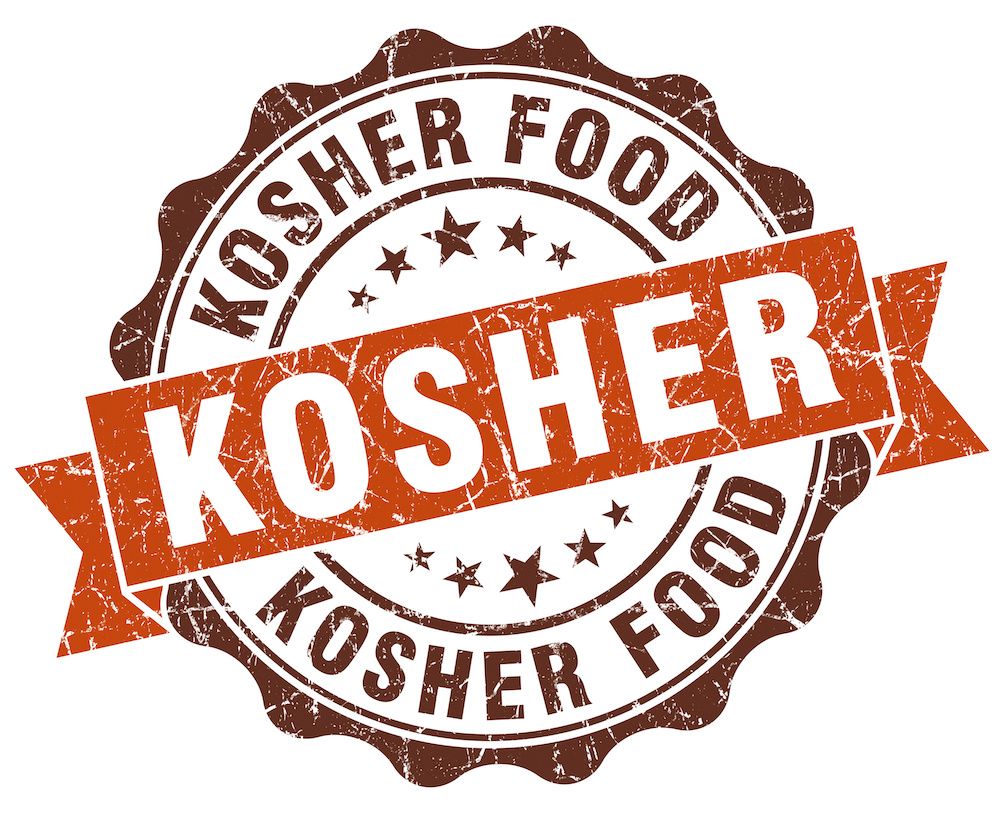
1 Timothy 4:1–3 Doctrines of demons…forbidding to marry…abstain from foods [Gr. broma].
Asceticism—A Doctrine of Demons

When Paul speaks of “doctrines of demons” and then goes on to mention “to abstain from foods which Elohim created” is he referring to the biblical dietary laws as many Christians scholars assert? If not, that what social and cultural forces of that day were affecting the saints such that Paul had to instruct them to beware of “doctrines of demons” that were encouraging them not to marry and to abstain from eating certain types of food?
To answer this question, we must first define some terms. Is the Greek word food (Gr. broma) as used in verse three a reference to “articles allowed or forbidden by the Jewish law” (i.e. Elohim’s Torah-law or law of Moses) as the well known Strong’s Concordance claims? Is The Theological Dictionary of the New Testament (The TDNT)correct in its definition of this Greek word, when it declares that broma relates to the “cultic and ascetic prescriptions of Judaism which are declared to be religiously indifferent by Jesus and early Christianity…[thus the] distinction between clean and unclean meats is done away” (vol 1. p. 642)—a claim that Arndt and Gingrich do not even make in their touted Greek lexicon (nor do the lexicons by Vine or Thayer)?
Clearly, contrary to what some biblical scholars assert, Paul cannot be referring to the Torah here, since the Torah-law of Elohim neither prohibits marriage, but encourages it, nor does it command the abstention of eating biblically approved meats. In fact, the whole Levitical and tabernacle system revolved around the sacrifice and eating of kosher animals. To say these are doctrines of demons (as some Christian teachers claim) is blasphemy against YHVH Elohim’s Torah, which is the Creator’s very instructions to humans on how to live righteously and without sin (Ps 119:172; Deut 10:12; 1 John 3:4; 2:3–6; John 14:15) .
The word foods or meats as found in 1 Tim 4:3 is the Greek word broma referring to “food in general.” However, contextually, Paul is using a narrower definition of foods or meats based on his statement in verse four where he refers to “every creature of Elohim” (v. 4). Creature is the Greek word ktisma, which literally means “creature,” and, as used in the NT, refers to living and breathing creatures as opposed to all other creations of Elohim such as plants and rocks (i.e. ibid.; also see Jas 1:18; Rev 5:13; 8:9). Therefore, Paul is not referring to food in general (plants and animals) but specifically to food which edible animal meat as biblically defined.
Once again, if Paul is not referring to the Torah when he is condemning these doctrines of demons that are calling for celibacy and the abstention of meat eating, then to what is he referring?
Continue reading
